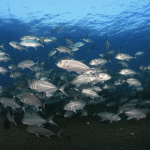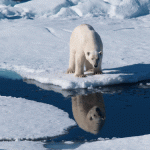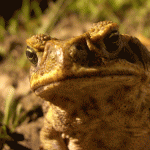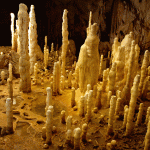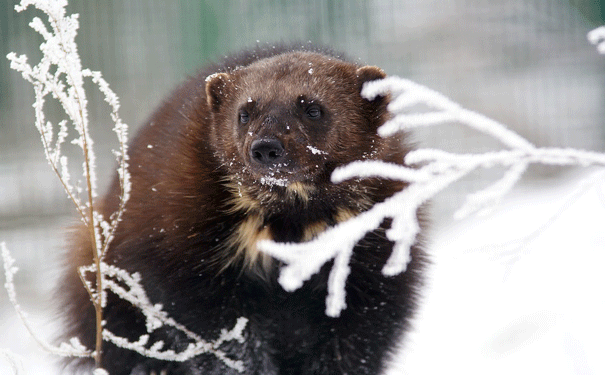
The wolverine relies on snow to refrigerate its food. Image: Shutterstock
A warmer climate could have devastating effects on the wolverines food supply.
A group of US and Scandinavian researchers are worried about the future of the wolverine, a solitary bear-like species belonging to the weasel family and native to the remote reaches of the Northern hemisphere.
Wolverines rely on persistent snow coverage to refrigerate and preserve their food. They are opportunistic carnivores and when they scavenge or kill their prey, they will drag it into a crevice or under a boulder to store in caches for times when food is scarce.
“Caches increase the predictability of food resources, reduce the energy spent searching for food during the demanding period of lactation, and decrease the time away from vulnerable newborns,” explained the researchers in their paper published in the Journal of Mammalogy.
However, the scientists are concerned that with warmer climates, the already vulnerable predators will find it increasingly more difficult to find food. Less snow coverage means the wolverines will no longer be able to store their food via the niche refrigeration technique they’ve developed. Not only would this mean less food availability, but there will also will be increased competition from microbes, insects and other scavengers.
“People don’t usually think of insects and microbes as being in competition for food with wolverines,” said Robert Inman, from the Wildlife Conservation Society and lead author of the study, in a statement. “But in fact, bacteria will devour an unprotected food source if that source is available.”
The wolverine has been considered endangered in Scandinavia and has been put on the National Red List. In 2010 the species was listed as protected under the United States Endangered species Act (ESA). Climate change and human persecution are the main threats thought to have led to the species decline.
Along with their niche scavenging behaviour, which makes them vulnerable to climate change, wolverine reproduction is confined to a brief period of the year. Early litter loss is common and it was suggested in the paper that this could be due to female wolverines being unable to accumulate enough food during lactation to support the young.
The researchers explained that developing conservation actions for the wolverine, involves first understanding the direct and indirect causes by which climate affects their distribution. Further studies need to determine how increased temperatures will impact the species physiology, food supply and ability for female wolverines to find a suitable den to raise her cubs in. If we understand these factors we will be in a better position to act upon their decline.

The wolverine is the largest land-dwelling member of the weasel family. Image: Shutterstock
Source: EurekAlert

